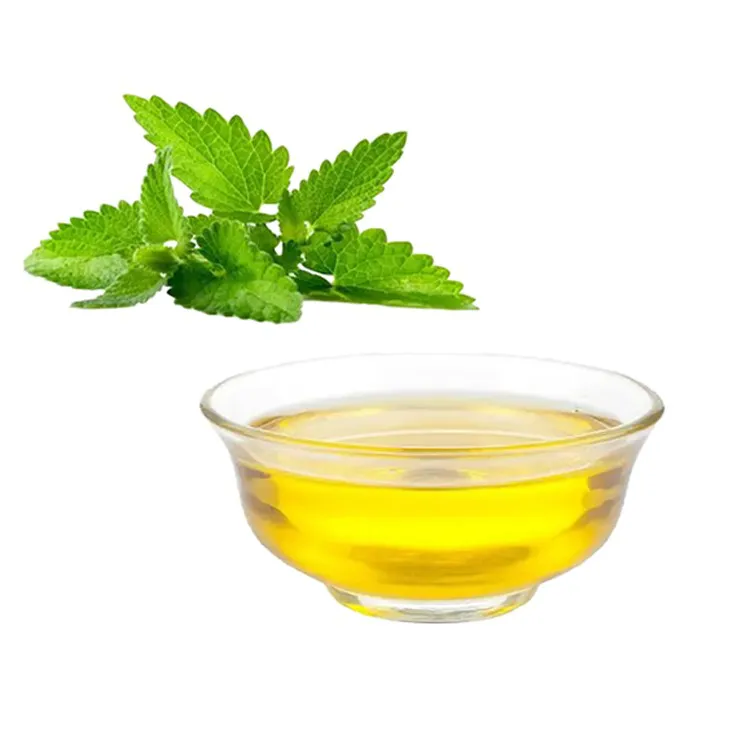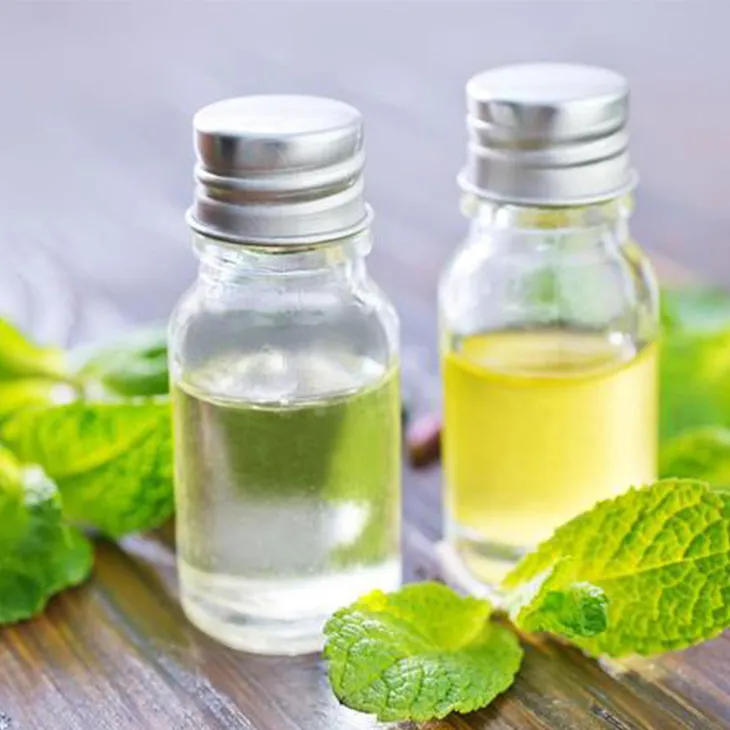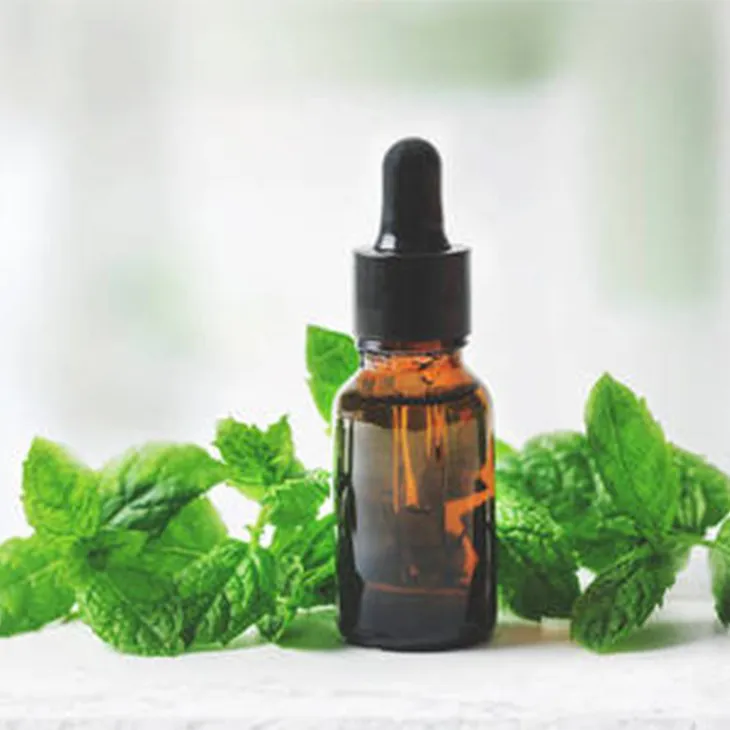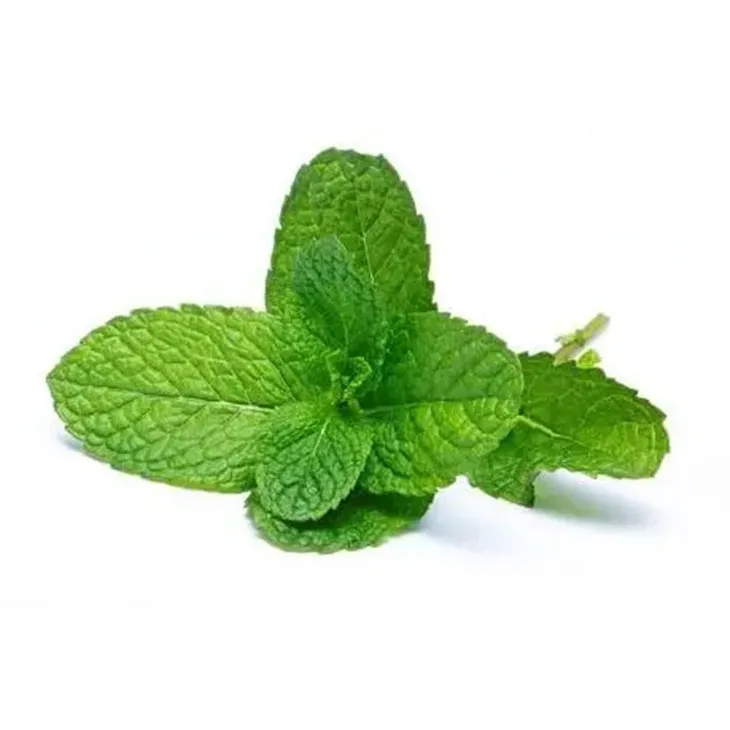- 0086-571-85302990
- sales@greenskybio.com
The Magic of Peppermint Oil Powder: A Comprehensive Guide
2024-11-13

1. Introduction
Peppermint Oil powder is a fascinating substance that has been garnering increasing attention in recent years. It is not just a simple powder but a concentrated form of the essence of peppermint, which holds a plethora of benefits and applications. This comprehensive guide will take you on a journey through the world of Peppermint Oil powder, exploring its origin, chemical composition, health benefits, and its uses across different industries.

2. Origin of Peppermint Oil Powder
2.1 The Peppermint Plant
Peppermint is a hybrid plant, a cross between watermint (Mentha aquatica) and spearmint (Mentha spicata). It has a long history of cultivation and use, dating back to ancient times. Native to Europe and the Middle East, peppermint has now spread across the globe. The plant is characterized by its square stems, aromatic leaves, and small purple or white flowers.2.2 Production of Peppermint Oil
The production of peppermint oil, which is the precursor to peppermint oil powder, involves several steps. First, the peppermint plants are harvested at the appropriate time when the oil content is at its peak. This usually occurs during the flowering stage. The harvested plants are then dried to reduce moisture content. After drying, the essential oil is extracted through a process of steam distillation. The resulting peppermint oil is a clear liquid with a strong, characteristic minty aroma.2.3 Conversion to Powder
To convert peppermint oil into powder form, various techniques can be employed. One common method is through the use of carriers such as maltodextrin or silica. The peppermint oil is mixed with the carrier in specific ratios, and then the mixture is dried further to form a powder. This powder form offers several advantages over the liquid oil, such as easier handling, better stability, and wider applicability in different products.
3. Chemical Composition of Peppermint Oil Powder
3.1 Main Components
Peppermint oil powder contains a complex mixture of chemical compounds. The two main components are menthol and menthone. Menthol is responsible for the cooling and refreshing sensation that peppermint is well - known for. It makes up a significant portion of the oil powder, typically ranging from 30 - 50% in pure peppermint oil. Menthone also contributes to the characteristic aroma and flavor of peppermint. In addition to these, there are other minor components such as menthyl acetate, cineole, and limonene, which also play important roles in determining the overall properties of the peppermint oil powder.3.2 How the Components Work
The chemical components in peppermint oil powder interact with various biological systems in different ways. For example, menthol activates cold - sensitive receptors in the skin and mucous membranes, which is why it gives a cooling effect. It also has a mild anesthetic property, which can help relieve pain and irritation. Menthone, on the other hand, has antimicrobial and antioxidant properties, which can help protect against harmful microorganisms and oxidative stress. The combination of these components and their interactions makes peppermint oil powder a multi - functional substance.
4. Health Benefits of Peppermint Oil Powder
4.1 Digestive Health
Peppermint oil powder has been shown to have beneficial effects on the digestive system. It can help relieve symptoms of indigestion, such as bloating, gas, and abdominal pain. This is mainly due to its ability to relax the smooth muscles in the gastrointestinal tract. By relaxing these muscles, it can improve the flow of food through the digestive system and reduce spasms. Additionally, peppermint oil powder may also help in the treatment of irritable bowel syndrome (IBS). Studies have found that it can significantly reduce the frequency and severity of IBS symptoms.4.2 Respiratory Health
In the context of respiratory health, peppermint oil powder can be used as a natural decongestant. The menthol in the powder has a cooling and soothing effect on the airways. It can help relieve nasal congestion, cough, and sore throat. When inhaled, it can also act as an expectorant, helping to loosen mucus in the lungs and make it easier to cough up. This makes it a useful remedy for respiratory infections such as the common cold and bronchitis.4.3 Pain Relief
As mentioned earlier, menthol in peppermint oil powder has a mild anesthetic property. This makes it effective for relieving minor pain, such as headaches, muscle aches, and joint pain. It can be applied topically to the affected area, where it provides a cooling sensation that can help numb the pain. Some over - the - counter pain relief products contain peppermint oil powder as one of their active ingredients.4.4 Stress and Anxiety Reduction
The aroma of peppermint has a calming and relaxing effect on the mind. Inhaling peppermint oil powder can help reduce stress and anxiety levels. It can also improve concentration and mental clarity. This is thought to be due to its interaction with the limbic system in the brain, which is involved in emotions and memory.
5. Uses in Different Industries
5.1 Food and Beverage Industry
- In the food and beverage industry, peppermint oil powder is widely used as a flavoring agent. It is added to a variety of products such as candies, chewing gums, chocolates, and ice creams to give them a refreshing minty flavor. - It can also be used in the production of herbal teas. Peppermint tea is a popular beverage known for its digestive and relaxing properties. The addition of peppermint oil powder can enhance the flavor and potency of the tea.5.2 Cosmetics and Personal Care Industry
- In cosmetics and personal care products, peppermint oil powder is used for its cooling and refreshing properties. It is often found in products such as toothpaste, mouthwash, and lip balms. In toothpaste, it not only provides a pleasant minty flavor but also helps to freshen breath and may have some antibacterial properties. - It is also used in skin care products. When applied to the skin, it can give a cooling sensation, which can be especially soothing for irritated or sunburned skin. Some facial masks and lotions may contain peppermint oil powder for this reason.5.3 Pharmaceutical Industry
- In the pharmaceutical industry, peppermint oil powder has several applications. As mentioned earlier, it can be used in over - the - counter pain relief medications. It may also be used in formulations for digestive disorders and respiratory problems. - Its antimicrobial and antioxidant properties make it a potential candidate for the development of new drugs. Research is ongoing to explore its full potential in the pharmaceutical field.5.4 Aromatherapy Industry
- The aromatherapy industry makes extensive use of peppermint oil powder. It is used in diffusers to create a refreshing and invigorating atmosphere. The aroma of peppermint is believed to stimulate the mind and improve mood. - It can also be used in massage oils. When combined with a carrier oil and used in massage, it can provide both physical and mental relaxation.6. Precautions and Side Effects
While peppermint oil powder has many benefits, it is important to be aware of some precautions and potential side effects. - Allergic Reactions: Some people may be allergic to peppermint oil powder. Symptoms of an allergic reaction may include skin rash, itching, swelling, or difficulty breathing. If you experience any of these symptoms after using peppermint oil powder, discontinue use immediately and seek medical attention. - Digestive Upset: In some cases, excessive use of peppermint oil powder may cause digestive upset, such as nausea, vomiting, or diarrhea. This is more likely to occur when taken in large doses or on an empty stomach. - Interaction with Medications: Peppermint oil powder may interact with certain medications. For example, it may interfere with the absorption of some drugs in the digestive tract. If you are taking any medications, it is advisable to consult your doctor before using peppermint oil powder.
7. Conclusion
Peppermint oil powder is truly a remarkable substance with a wide range of applications. Its origin from the peppermint plant, unique chemical composition, and numerous health benefits make it a valuable ingredient in various industries. However, it is essential to use it with caution, being aware of the potential side effects and interactions. As research continues, we can expect to discover even more about the magic of peppermint oil powder and its potential to enhance our well - being and transform different products.
FAQ:
What is peppermint oil powder?
Peppermint oil powder is a form of peppermint oil that has been processed into a powder. It retains the characteristic properties of peppermint oil but in a more convenient and stable powdered form. It is typically made through various techniques that allow the oil to be combined with other substances to form a powder, which can be easier to handle, store, and incorporate into different products.
What are the main chemical components in peppermint oil powder?
The main chemical components in peppermint oil powder include menthol, menthone, and menthyl acetate. Menthol is the most well - known component, responsible for the characteristic cooling sensation. Menthone contributes to the minty aroma, and menthyl acetate also plays a role in the overall flavor and scent profile of the peppermint oil powder.
What are the health benefits of peppermint oil powder?
Peppermint oil powder has several health benefits. It can aid in digestion by relaxing the muscles of the gastrointestinal tract, which may relieve symptoms such as indigestion, bloating, and stomach cramps. It also has antimicrobial properties that can help fight certain bacteria and fungi. Additionally, it may provide relief from headaches when applied topically or inhaled, as the menthol can have a soothing effect on the nerves.
How is peppermint oil powder used in the food industry?
In the food industry, peppermint oil powder is used as a flavoring agent. It can be added to confectionery items like candies and chocolates to give a refreshing minty flavor. It is also used in baking, for example, in cakes and cookies, to add a unique taste. Moreover, it can be used in the production of herbal teas, where it imparts a pleasant minty aroma and flavor.
How is peppermint oil powder used in the cosmetic industry?
In the cosmetic industry, peppermint oil powder is used for its refreshing and cooling properties. It can be added to lotions, creams, and gels to provide a cooling sensation on the skin, which is especially appealing in products such as after - sun lotions. It is also used in haircare products like shampoos and conditioners, as it can give a refreshing feeling to the scalp and may help with scalp health.
Related literature
- The Properties and Applications of Peppermint Oil Powder"
- "Peppermint Oil Powder: Unlocking its Potential in Health and Industry"
- "A Study on the Chemical Composition and Benefits of Peppermint Oil Powder"
- ▶ Hesperidin
- ▶ citrus bioflavonoids
- ▶ plant extract
- ▶ lycopene
- ▶ Diosmin
- ▶ Grape seed extract
- ▶ Sea buckthorn Juice Powder
- ▶ Beetroot powder
- ▶ Hops Extract
- ▶ Artichoke Extract
- ▶ Reishi mushroom extract
- ▶ Astaxanthin
- ▶ Green Tea Extract
- ▶ Curcumin Extract
- ▶ Horse Chestnut Extract
- ▶ Other Problems
- ▶ Boswellia Serrata Extract
- ▶ Resveratrol Extract
- ▶ Marigold Extract
- ▶ Grape Leaf Extract
- ▶ blog3
- ▶ Aminolevulinic acid
- ▶ Cranberry Extract
- ▶ Red Yeast Rice
- ▶ Red Wine Extract
-
Horse Chestnut Extract
2024-11-13
-
Berberis aristata Extract
2024-11-13
-
White mustard seed extract
2024-11-13
-
Rose Hip Extract
2024-11-13
-
Sophora Japonica Flower Extract
2024-11-13
-
Angelica sinensis extract
2024-11-13
-
Europen Bilberry Extract
2024-11-13
-
Phyllanthus Emblica Extract
2024-11-13
-
Panax Ginseng Leaf Extract
2024-11-13
-
Hawthorn powder
2024-11-13





















